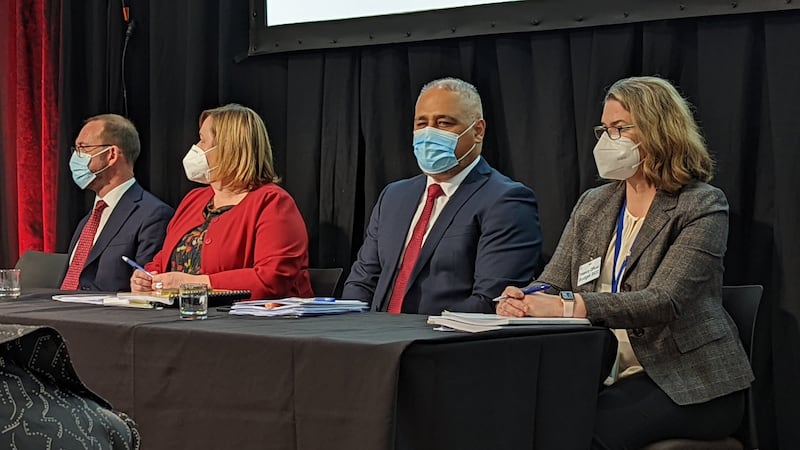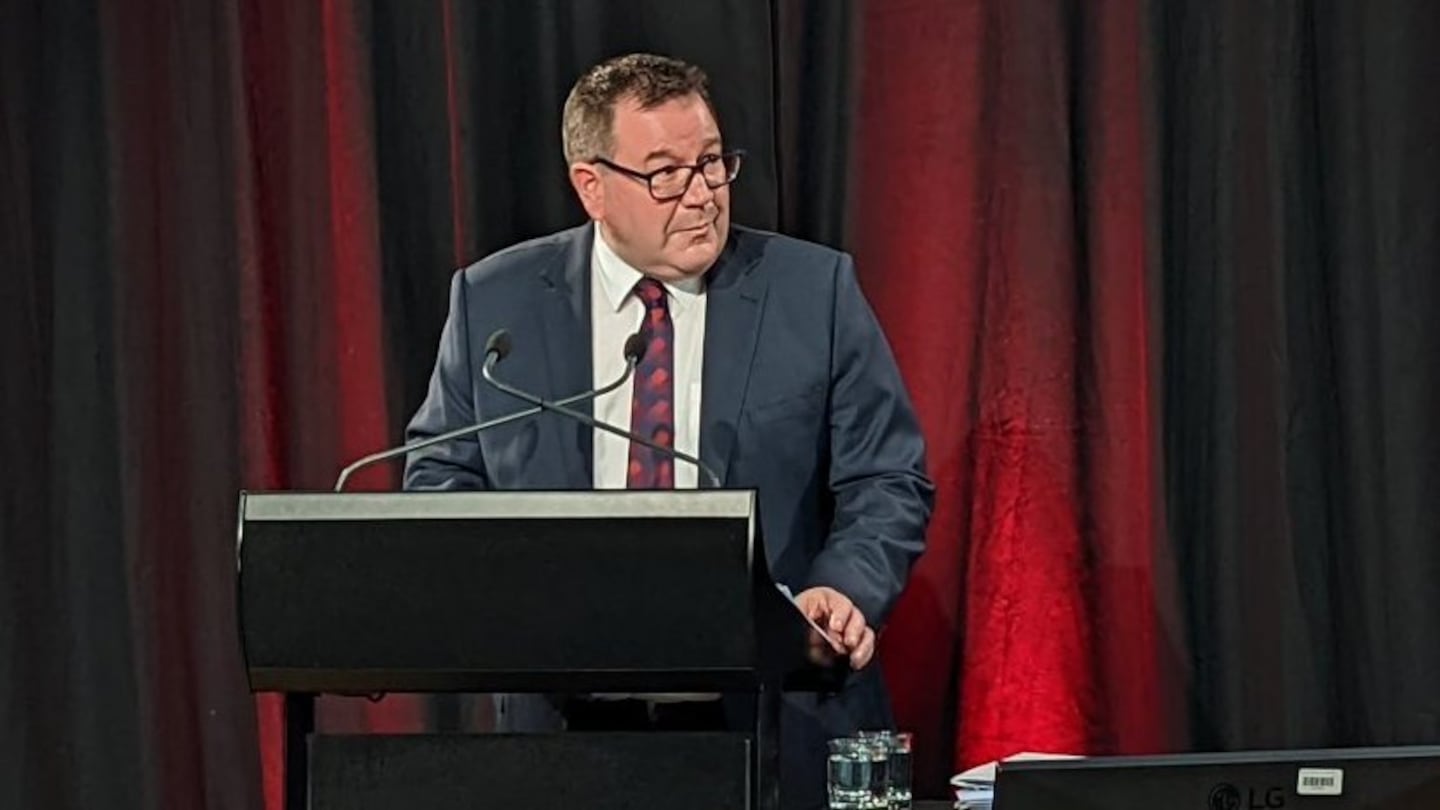People earning less than $70,000 a year will each get $350 as part of the government’s 2022 budget; the pūtea is designed to hedge against soaring costs of living, amid Aotearoa’s 30-year-high 6.9 percent inflation.
The $350 will be delivered in $27 weekly payments, over three months starting August 1.
At the government’s budget announcement in Pōneke this morning Finance Minister Grant Robertson said officials will also extend tax cuts to petrol and road user charges rolled out in April, for two more months; Robertson conceded inflation is expected to continue in the coming year.
‘Budget 2022 is being delivered against the backdrop of a global inflation spike, with existing supply chain pressures being exacerbated by pressure on oil prices from the war in Ukraine.” Robertson said.
“This will pass but we need to protect New Zealanders from the immediate impact.”
The $350 payment will only available to those over the age of 18; those who receive the winter energy payment will not be eligible.

Associate Minister (Health) Peeni Henare revealed nearly $600 million for Māori health and wellbeing over the next four 4 years. Photo/ Will Trafford
Robertson defended criticism the payment doesn’t support squeezed middle income earners facing lower buying power at the supermarket and rising mortgage rates, saying the government expects some 2.1 million people to be eligible for the payment.
"Treasury suggests inflation will have more of an immediate impact on low and middle income households… That’s why this payment focuses on low and middle income earners." Robertson said.
The $350 payment comes amid 6.9 percent inflation, the highest in Aotearoa in 30 years. Fruits and vegetable prices have soared 18 percent in the year to March and meat, poultry and kaimoana have risen by 8.7 percent.
The 2022 budget provides $5.9 billion in new funding; $1.25 billion will be invested in kaupapa Māori initiatives over the next four years.
Investments in Māori initiatives include almost $600 million in Māori Health and wellbeing over the next four years, including $168 million for the new Māori Health Authority to commission services within the community.
The government will also spend:
- $66 million will be spent on trades training.
- $200 million of additional funding will be provided to support Māori education, with $47 million going to funding full immersion te reo Māori language programmes, to support the government's goal of one million reo Māori speakers by 2040.
- Māori broadcasting is to receive $41 million over the next two years and, although additional funding for Te Matatini was announced, details were light as to how much, or over what timeframe.
- $162 million will be set aside for transitioning whenua Māori organizations to lower emission land use and developing a Māori Climate Action Plan.
- $26 million will be spent to help Māori organisations procure commercial contracts from government agencies.
Funding for Māori housing initiatives were lighter after a record $380 million commitment in last year's budget. However, officials say policy changes will increase the threshold for the Kāinga Whenua loan programme, which helps whānau to build on Māori land. The threshold rises to $500,000 from $250,000 currently.
Soaring inflation as a result of Russia’s invasion of Ukraine and supply chain issues related to the Covid-19 pandemic have become global issues with inflation in the United States hitting 8.3 percent in March, while UK inflation hit 9 percent last month.
Robertson defended the decision to not provide greater financial support, by saying he was concerned injecting even more money into the system could make the nation’s inflation situation even worse.
Robertson defended the state of the New Zealand economy, saying even with the latest spending, debt-to-GDP would remain below 20 percent, in comparison to our overseas counterparts like Australia, which is expected to hit debt-to-GDP of 40 percent in the coming year.
“Our economy is one of the strongest in the world with triple-A credit ratings, record-low unemployment, lower debt than Australia, the US, UK and Canada, and good growth.
“The last few years have been challenging for everyone and some of those challenges are still with us. This budget strikes a careful balance, building on our successful response to Covid-19 in continuing to support New Zealanders through a tough period, but also looking forward to supporting New Zealanders to seize the opportunities of a more secure future’ Robertson said.
The $350 cost of living payments are expected to cost the government $814 million, while the extended fuel tax reductions will cost around $235 million.

